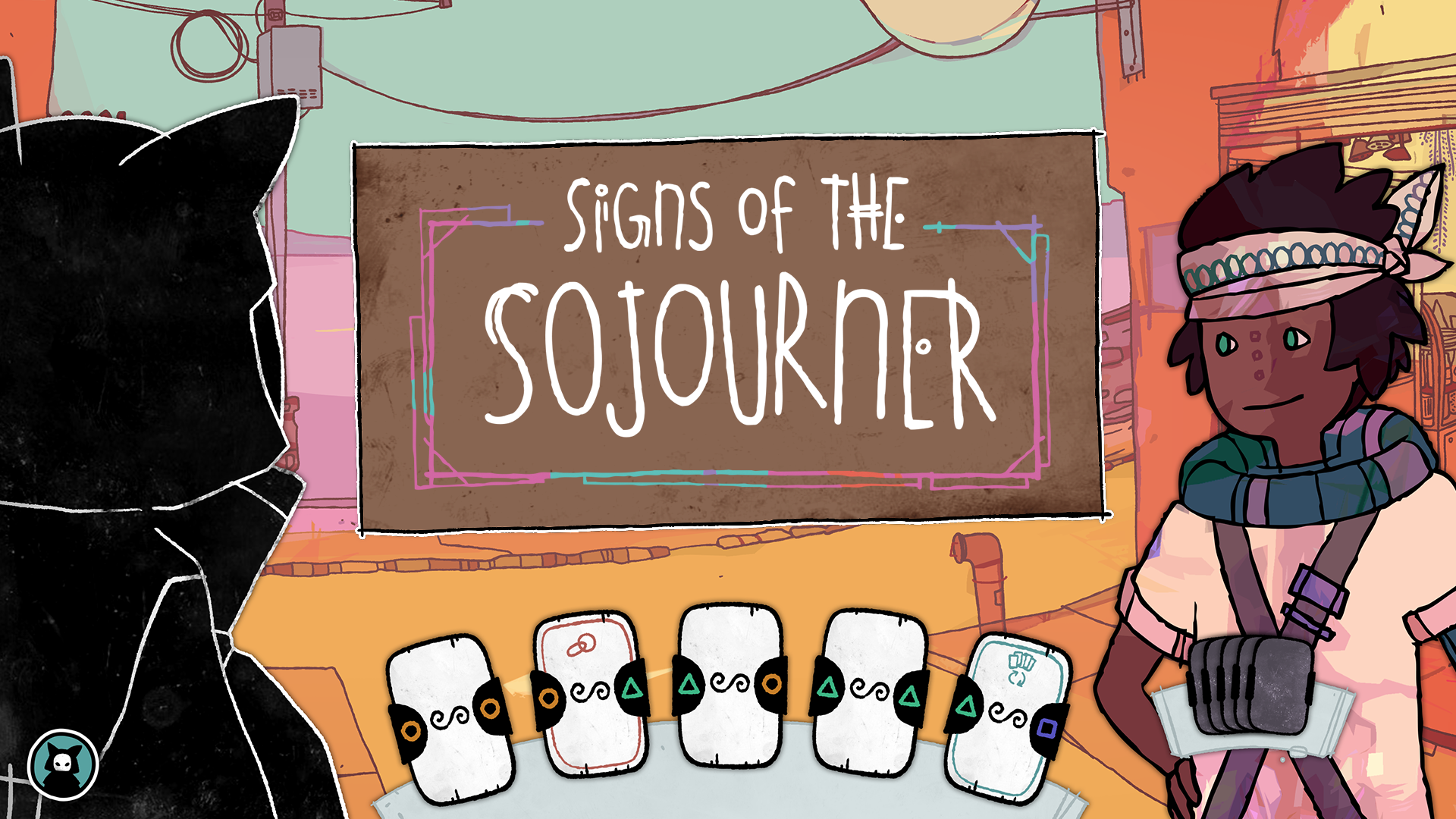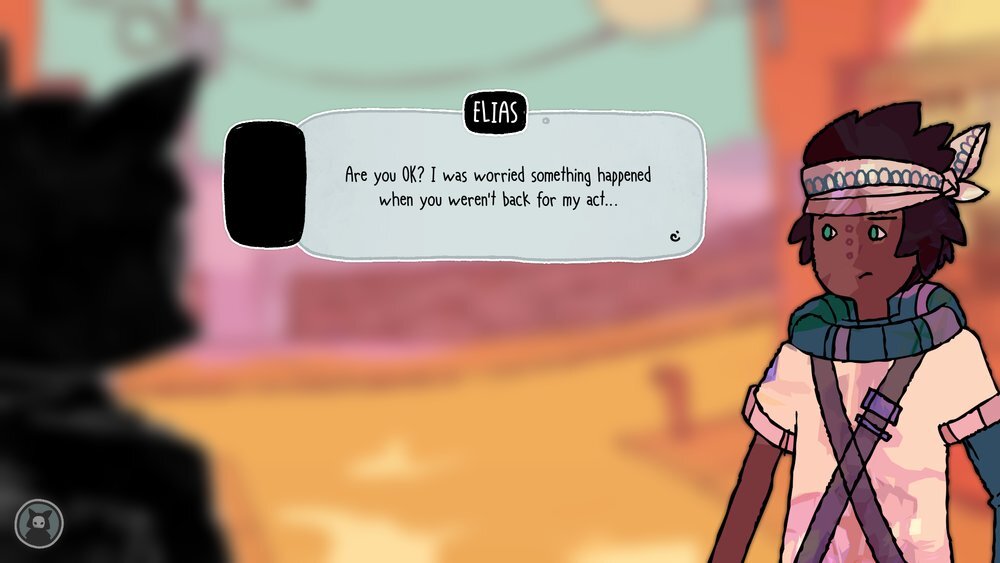I find it really weird to think about how much of my time used to be filled with making conversation. I did it all the time! Without really thinking too much about it! These days, an afternoon of being with a friend in the park is enough to make me want to go home and lie in silence for a couple of hours, no matter how enjoyable my time out in the world might have been. In my more solitary hours, I’ve found myself repeating little phrases from songs or movie, or else I’m insulated in a hyper-regional dialect, spoken by only my partner and myself and made up of the hundreds of little sonic inside jokes developed over the past year. I’m a little mynah bird, parroting back phrases and made-up idioms that would make zero sense to anyone outside my front door.
All this is to say that I’ve been thinking a lot about the long march back toward being back in the world with other people, and especially about how in the heck we’ll communicate with each other after being in our own little rhetorical bubbles for so long.
Though it came out at the very start of the pandemic in 2020, the indie game Signs of the Sojourner offers a tender glimpse into the delicate intricacies of understanding one another.
In Signs of the Sojourner, the player takes on the role of a young person who has inherited their late mother’s trade caravan in a Western-style fantasy landscape. Driving this caravan from town to town is a way for the player’s character to learn about their secretive late mother, while also collecting good to bring back to their hometown, Bartow (a place that has seen better days and may soon be dropped from the all-important trade circuit, which would certainly be the death knell for the town).
The gameplay of Signs of the Sojourner is deceptively simple: the player can get goods and information by traveling to neighboring towns and having conversations with the inhabitants. These conversations are the main challenge of the game and are played out like dominos: the player has a hand of cards, with symbols on the left- and right-handed sides. These symbols represent conversational tones: orange circles are empathic, green triangles are logical, pink swirls are grieving, etc.
To positively advance the conversation, the player must lay down a card whose left-handed symbol matches the right-handed symbol on the previous card, symbolizing a harmonious matching of tone. Create a long enough chain of matching symbols, and the person you’re speaking to will feel positively about your interaction. Conversely, if you have too many mismatches, the conversation ends with the other character feeling unheard (which likely means that you receive no goods to bring back to Bartow).
In this world, success doesn’t come through conquest or strength, but through understanding each other and building relationships.
What makes the game most interesting is that, after each conversation, the player must replace a card from their hand with a card from the person to whom they just talked, meaning that the player’s conversational “tone” changes as they talk to more people outside of their hometown.
It’s also a strategic tool: regularly-used card symbols change from town to town, meaning that the player must plan their route carefully so that they can pick up cards with symbols that will translate well in the next town, while discarding cards that will just stop up the conversation.
So, my character left Bartow the first time around with a hand full of orange circles and green triangles, meaning I excelled in conversations with folks who were empathetic and/or logical. However, the farther away I journeyed, the more I ran into folks whose conversational styles were neither predominantly logical nor empathetic (i.e. they had no green or orange cards), leading to dead-ended attempts to understand one another when I was unable to lay down cards that matched their symbols. But, even when our conversations failed, I replaced a card in my hand with a card from theirs and was thus better equipped to talk to other folks in the same town.
I was a conversational chameleon, growing and changing and adapting to new towns and new ways of communicating. I picked up cards with special abilities to make linking up cards a little easier, and I kept on moving. But what really moved me wasn’t the journey out; it was how I was affected and changed when I returned to Bartow.
In journeying away from Bartow to collect goods, the player’s character also leaves behind their childhood best friend, Elias, who runs the town’s general store. We started the game with the same hand of orange and green cards, thematically showing that we understood each other; we came from a place of deep understanding.
But every time I came back, I came back with a hand full of new symbols. When we talked, none of the symbols on my cards matched what Elias was putting down. The ease we used to have was suddenly much harder to find, and I found myself struggling to find any card in my hand with a green or orange symbol. Without any other options, I put down cards he couldn’t possibly link to, and he told me I sounded different, that being on the road had changed me.
It had. By design.
Despite its gentle tone, Signs of the Sojourner isn’t easy. The difficulty curve is surprisingly steep after the first couple of journeys out, and long treks mean accumulating “fatigue” cards, which can’t be matched to any symbol and thus clutter up the player’s hand. It requires a surprising amount of planning and thought for a game with a relatively very simple mechanic.
More than the difficulty curve or the card symbols or whatever gameplay trick the game tossed my way, what was hardest was when it became clear that my character was going to experience a lot more disappointment and hurt than success.
But that was just the way of the world. That was(/is) just how it’s built. You can’t get everyone to understand you, and thus you can’t save everyone. But you can find a smaller group and cultivate a relationship with them, getting to know the way they interact with the world. And through all that (and despite the change in yourself that needs to happen to facilitate integrating in someplace new) you can also hold on to a bit of who you were when you left your hometown. That way, when you go back to greet Elias in the general store, you can still find a way to talk to each other, despite it all.
And that’s a nice thing to keep in mind as we all journey away from our own personal Bartows and out into this vast new unknown, together.



